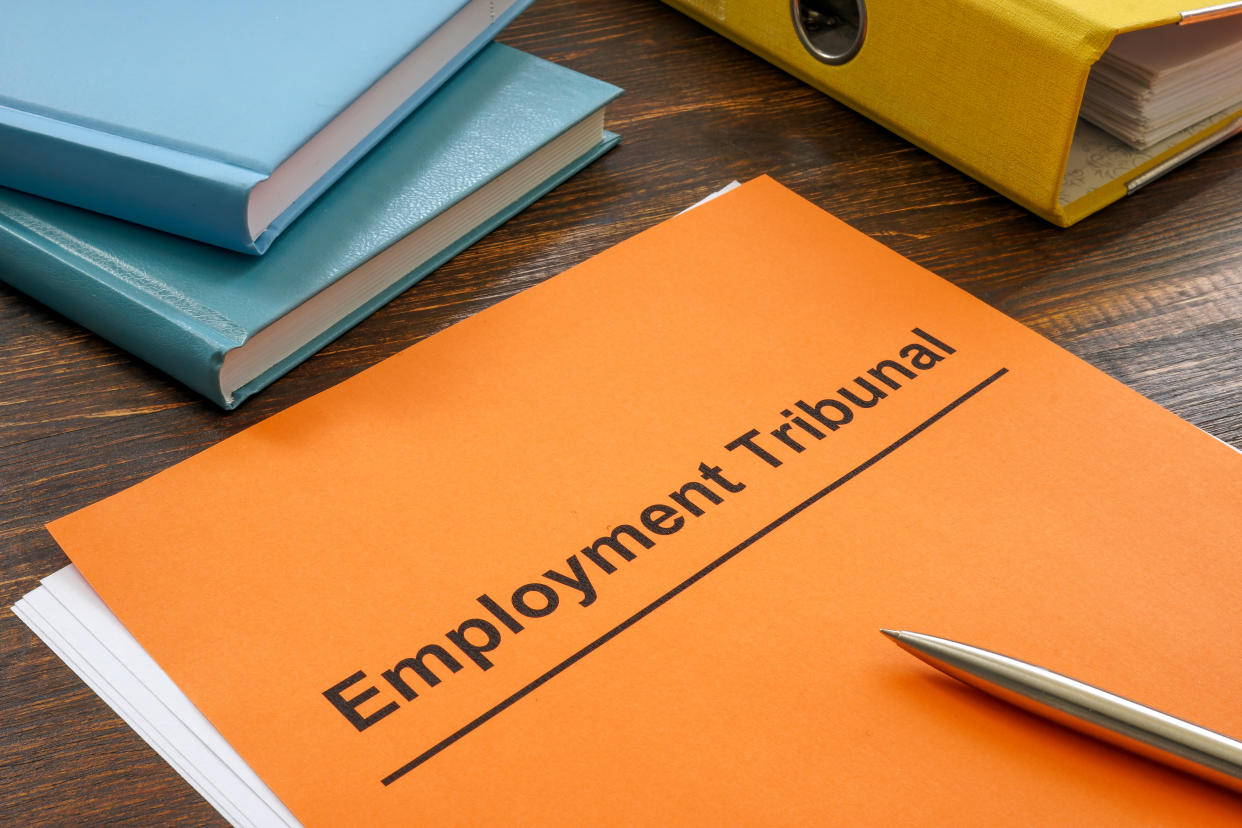Woman who quit her job after being called 'd*ke' wins £15k payout

A married manager who was called a 'dyke' when she asked if she would be sitting near a female friend in a new office has won £15,400 from a construction company in a discrimination claim.
Mandy Fleming, who had worked for the company for 25 years, asked a male colleague about the seating arrangements at their new office, an employment tribunal heard.
She was told employees would sit 'boy-girl-boy-girl', although the office was 'predominantly female'.
But when Fleming, an Operations Manager, asked if she would be near a colleague she was friends with, the man 'laughed loudly' and said 'you dykes sit at the top', the tribunal heard.
Fleming was left 'upset and embarrassed' by the comment and 'dreaded going to work', crying on the phone to her husband every day from the car park.

But when she complained to the company, her employer said it was workplace 'banter'.
Fleming went on to resign a few months later because of the situation then sued for harassment related to sexual orientation and unfair dismissal.
The tribunal was told that Fleming had worked for Dundee-based refurbishment specialist McGill - which has since fallen into administration for the second time - since 1996.
The conversation happened in December 2021 when her colleague Robert McFarlane was talking about an imminent move to a new office.
After the comment in which he told Fleming 'you dykes sit at the top', the tribunal heard she was so affected by it that she excluded herself from talk in the office and 'dreaded going to work'.
When she raised a grievance, the company accepted the word 'dyke' had been used, but said it was 'just banter'.
In February 2022, Fleming was told that many people at the company knew of the matter, and felt even more embarrassed so she resigned the next day.
Employment Judge Alexander Kemp ruled that she had been harassed and forced out of her job and ordered the company to pay her £15,406 in compensation, including £2,000 for injury to feelings.
What is the law sexual orientation discrimination?
According to the Equality Act 2010, sexual orientation - whether someone is gay, heterosexual, bisexual and lesbian - is a ‘protected characteristic’ which means it is illegal to discriminate against someone in employment for this reason.
That discrimination applies in interviews, whether someone is offered a job, in promotion and aims to protect employees of any orientation in all aspects of their employment.
According to the Equality Act, discrimination involve direct discrimination, indirect discrimination, harassment and victimisation.
Harassment is defined as subjecting someone to unwanted conduct that violates their dignity or creates an intimidating, hostile, degrading, humiliating or offensive environment.
It can include abusive language, excessive monitoring of work, excessive criticism, and does not necessarily have to be directed at an individual.
The law also deems employers liable when their employees are acting in a discriminatory fashion in the course of their employment.


